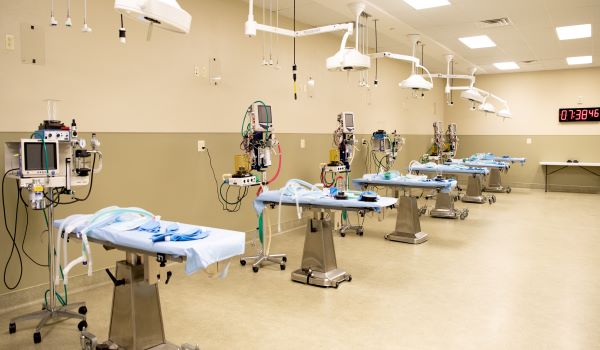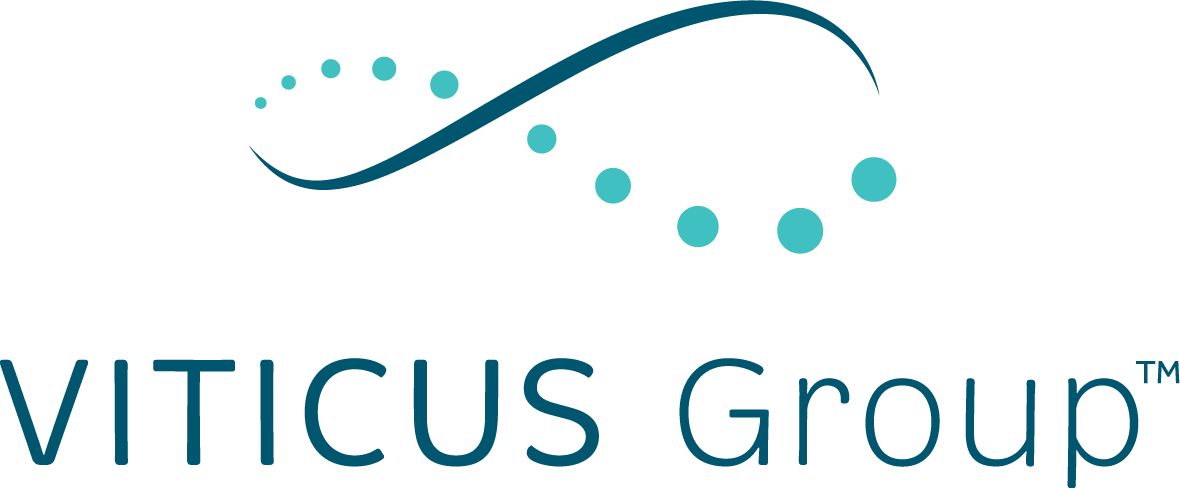A One Health Perspective on Zoonotic Disease
There hasn't been a better time for veterinarians and human healthcare providers to come together and discuss how to keep families safe from zoonotic...
3 min read
Abby Crimm : May 7, 2020 12:01:49 PM PDT

The effect continuing education has on healthcare providers, especially during a pandemic, is astronomical. If you don’t believe me, just listen to this amazing group of veterinary and human healthcare professionals.
What do veterinary and human medical professionals rely on during a pandemic? They indeed rely on their teammates, supplies, and their support system, but according to them, the real game-changer is the continuing education they’ve received beforehand.
Feeling prepared and practiced in the skills you’re expected to perform lowers stress and leads to better outcomes, period. Medical professionals in every field fall back on their training to handle new problems caused by the current pandemic and it will also carry them through in adapting to the new normal after this COVID-19 pandemic.
To talk about the importance of continuing education, a variety of veterinary and human medical professionals add their voices to this One Health effort—using continuing education and training to better prepare the healthcare professionals for future pandemic-threatening situations.
Jo-Anne Brenner, executive director and founder of K9 MEDIC, describes the life-saving role of continuing educations for her team, the veterinary professionals, the first-responders, and the working dogs they care for.
Without organizations like Viticus Group that provide clinical training facilities and continuing education, groups like K9 Medic would not be able to achieve their mission. Brenner says, “We can provide supplies, and we do, but without training, that is the glue that makes everything possible.”
Dogs and their handlers routinely put themselves in harm’s way. Without emergency medical training, many more dogs would lose their lives in the line of duty.
Jenn Renner is a registered nurse with lots of experience in emergency medicine. After being asked why continuing education is so essential, she emphasizes the fact that though healthcare is always changing over the years, it’s now changing daily. Keeping medical professionals current is never more important than during a pandemic.
The best way to keep medical professional current in hands-on continuing education. It’s one thing to work on a dummy, but it won’t be anything like having an actual human in front of you, Renner says. Anatomy is different on every person, so if you’ve only ever worked on dummies, you’re going to be significantly more stressed when that situation arises in the field.
Renner often talks about high-risk, low-exposure skills. These are the skills or procedures where your success means life or death for your patient, but you don’t see those situations very often at all. Being training beforehand on high-risk, low-exposure skills reduces stress and improves outcomes during unexpected circumstances like a pandemic.
After the COVID-19 pandemic, we will rely on continuing education on an even wider scale to keep medical personnel up-to-date.
Dr. Jon Pennell has the unique perspective of having one foot in veterinary medicine and the other in human medicine. As a veterinarian, he is a leader in the industry, holding multiple positions in organized veterinary medicine. He decided to go back to school to work as an EMT as well.
When thinking about both sides of the medical profession in the context of a pandemic, we’re reminded that 65% of the diseases that have caused pandemics, epidemics, or concern and widespread vaccinations are zoonotic. In emerging diseases, that number is more like 75%.
A lot of what goes into monitoring and combating these diseases come from both the veterinary and human side. The research goes both ways most of the time, veterinary research affecting how humans are treated and vice versa. Communicating with each other becomes essential in preventing future pandemics.
This recommended communication and solidifying the bond between animal and human healthcare takes place in the realm of continuing education. The year-round, hands-on training that takes into account the advancements of both veterinary and human healthcare will be the continuing education of the future.
Visit Viticus Group's COVID-19 in Veterinary Practice webpage to get more news, updates, resources, and blogs about this novel virus.
Subscribe to our YouTube channel or check out our Resource Library full of great podcasts, videos, and digital downloads!
Disclaimer
Content may contain advertising and sponsorships. Advertisers and sponsors are responsible for ensuring that material submitted for inclusion is accurate and complies with applicable laws. We are not responsible for the illegality of any error, inaccuracy, or problem in the advertiser’s or sponsor’s materials.
Advertising material and/or opinions are not are not a reflection on Viticus Group.

There hasn't been a better time for veterinarians and human healthcare providers to come together and discuss how to keep families safe from zoonotic...

Here's the scoop on this one-stop-shop for veterinary and human health professionals and why you should know about it.

Healthcare professionals, both veterinary and human, need to know they're not alone. Heroes need help, too.